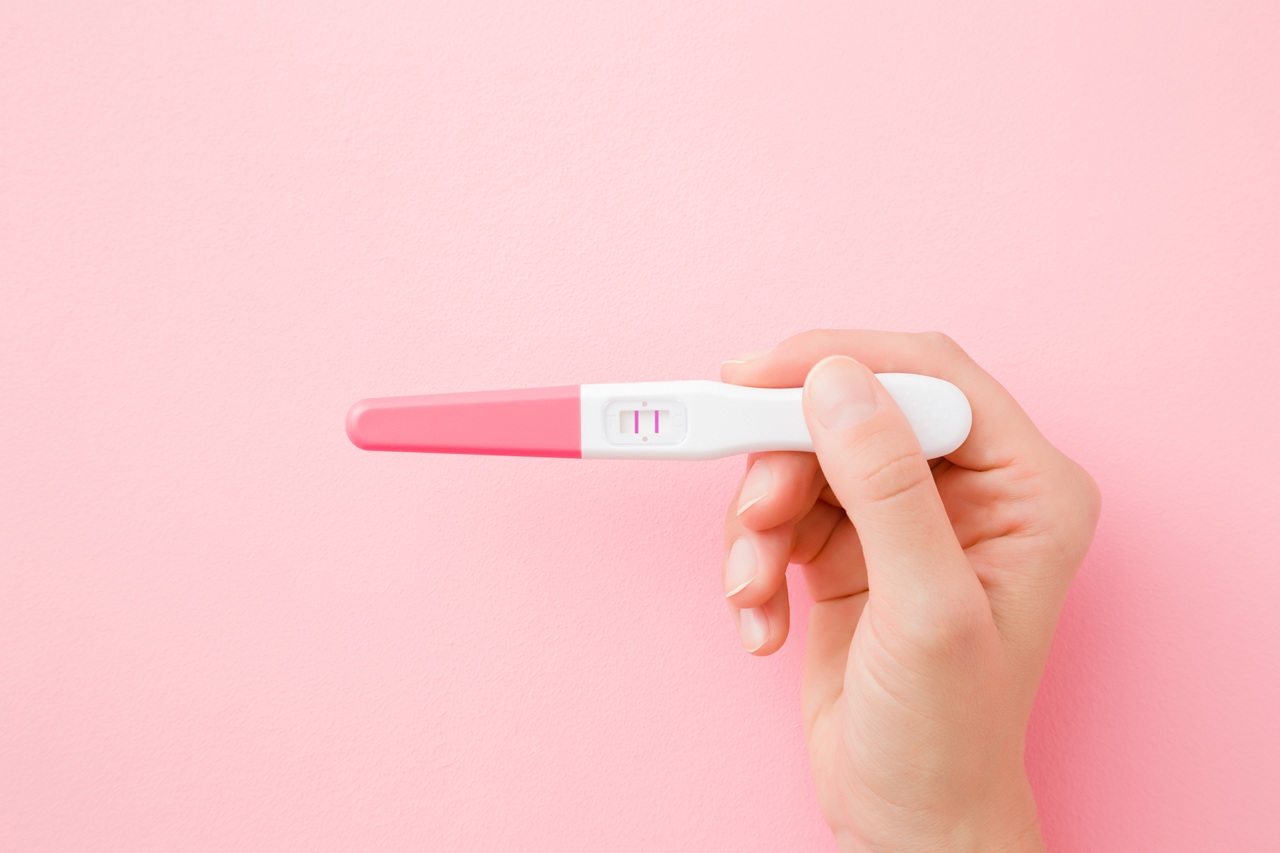Benefits of Private Stem Cells Banking for Family Use

Once you've decided to collect and safeguard your child's cord blood, the next important question arises: "What type of cord blood bank should I choose?" Selecting between private and public cord blood banking is basically the next critical step.
Let us explore private cord blood banking, its benefits, and how it can serve as a precious medical asset for your family's future health needs.
Key Features of Private Cord Blood Banking
Private cord blood banks are for-profit institutions that reserve cord blood exclusively for the donor and their family members. Public banks are the ones that make donated stem cells available to anyone in need. However, private banks only allow families to preserve their baby's cord blood for potential future use in treating hematologic and immune-related disorders. While private cord blood banking is costly, it promises assured access to a family's own genetic material.
Key Benefits of Private Cord Blood Storage
Here are the leading perks of private cord blood banking:
1. Perfect Biological Match for the Child
- The stem cells from cord blood are a 100% genetic match for the child they were collected from. It eliminates the risk of immune rejection in case of future transplant needs.
2. Reduced Risk of Graft-versus-Host Disease (GVHD)
- Many transplant specialists prefer related stem cells because they lower the risk of GVHD. It is a severe and potentially fatal transplant complication in which the donor’s immune cells attack the recipient’s tissues.
3. Potential Use for Family Members
- Biologically related family members, including parents, grandparents, cousins, and siblings, may also be suitable recipients for stored cord blood.
- Siblings have a 25% chance of being a perfect match and a 50% chance of being a partial match for transplantation.
4. Future Medical Innovations in Regenerative Medicine
Research in stem cell therapy and regenerative medicine is growing rapidly. Many promising treatments for conditions such as cerebral palsy and neurological disorders are under development, and families with privately stored cord blood may be among the first to benefit.
5. Critical for Underrepresented Ethnic Groups
- Ethnic minorities are underrepresented in public stem cell registries and this factor makes it pretty challenging to find donor matches when needed.
- Parents from mixed ethnic backgrounds are strongly advised to consider private banking. This is because the chances of finding a compatible match in public registries are enormously lower.
Read also: Facts About Private Cord Blood Banking
Final Thoughts
Ultimately, the decision to store cord blood privately or publicly depends on each family's unique financial considerations and personal preferences. But, before coming to any conclusion, parents should connect and talk with medical experts to completely assess the available options.
Visit Cryoviva today to learn more about the usefulness of private cord blood banking and find the most perfect solution for your family.









 Enquiry
Enquiry
 Email
Email Phone
Phone
 Whatsapp
Whatsapp